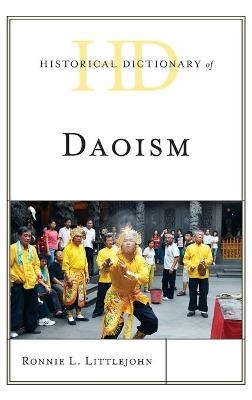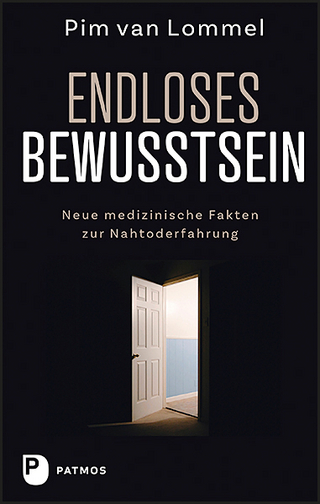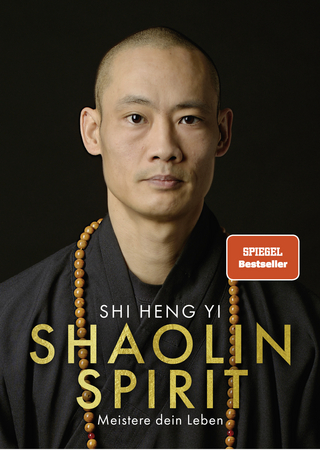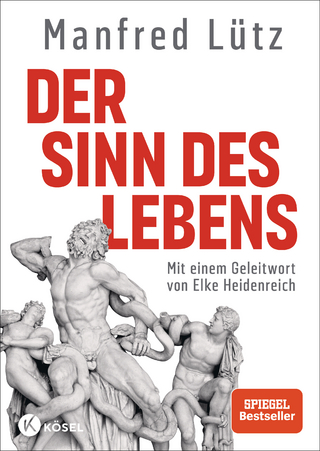
Historical Dictionary of Daoism
Seiten
2019
Rowman & Littlefield (Verlag)
978-1-5381-2273-0 (ISBN)
Rowman & Littlefield (Verlag)
978-1-5381-2273-0 (ISBN)
Daoism is the oldest indigenous philosophic-spiritual tradition of China and one of the most ancient of the world’s spiritual structures. The name “Daoism” comes from the term dao that is often used for a “way” or a “road” through the field or woods to one’s village. It is also used of the “way” to do something, such as the way a master craftsman carves a candlestick, makes a bell, or even butchers an ox. But dao is also used as a nominative in the history of Daoism. It is used for the energizing process that permeates and animates all of reality and moves it along simply as “the Dao.” However, both text and practice in this tradition insist that dao itself cannot be described in words. Dao is not God in the sense of Western philosophy or religion. Daoism has no supreme being, even if there is an extensive grammar about numinal self-conscious entities and powers for which the Chinese use the word “spirit” (shen). For example, the highest numinal powers of Daoism are variously called Taishang Laojun (the deified Laozi), the Celestial Worthy of Primordial Beginning (Yuanshi tianzun), the Jade Emperor (Yuhuang Shangdi) or the Perfected Warrior (Zhenwu). But these are expressions of dao in specific shen, they are not identical with the Dao, except in the most unique case when Laozi, the putative founder of Daoism and author of its major work, Daodejing, is said to be one with the Dao.
Historical Dictionary of Daoism contains a chronology, an introduction, appendixes and an extensive bibliography. The dictionary section has over 400 cross-referenced entries on related to the Chinese belief and practice worldview known as Daoism including dozens of Daoist terms, names, and practices. This book is an excellent resource for students, researchers, and anyone wanting to know more about Daoism.
Historical Dictionary of Daoism contains a chronology, an introduction, appendixes and an extensive bibliography. The dictionary section has over 400 cross-referenced entries on related to the Chinese belief and practice worldview known as Daoism including dozens of Daoist terms, names, and practices. This book is an excellent resource for students, researchers, and anyone wanting to know more about Daoism.
Ronnie L. Littlejohn is the Chaney Distinguished Professor of Philosophy and Director of Asian Studies at Belmont University in Nashville, Tennessee. He is the author of nine books and over 60 journal and encyclopaedia articles in various scholarly collections. He was most recently the recipient of the Foreign Scholar award from the Henan Province Ministry of Education and he was one of only three foreign scholars asked to speak at the dedication of the Laozi and Daoist Culture Center in Zhoukou City, PRC.
| Erscheinungsdatum | 24.11.2019 |
|---|---|
| Reihe/Serie | Historical Dictionaries of Religions, Philosophies, and Movements Series |
| Verlagsort | Lanham, MD |
| Sprache | englisch |
| Maße | 155 x 232 mm |
| Gewicht | 649 g |
| Themenwelt | Sachbuch/Ratgeber ► Gesundheit / Leben / Psychologie ► Esoterik / Spiritualität |
| Schulbuch / Wörterbuch ► Wörterbuch / Fremdsprachen | |
| Geisteswissenschaften ► Religion / Theologie ► Weitere Religionen | |
| ISBN-10 | 1-5381-2273-1 / 1538122731 |
| ISBN-13 | 978-1-5381-2273-0 / 9781538122730 |
| Zustand | Neuware |
| Haben Sie eine Frage zum Produkt? |
Mehr entdecken
aus dem Bereich
aus dem Bereich
Neue medizinische Fakten zur Nahtoderfahrung
Buch | Softcover (2024)
Patmos Verlag
22,00 €
mit einem Geleitwort von Elke Heidenreich
Buch | Hardcover (2024)
Kösel (Verlag)
30,00 €


